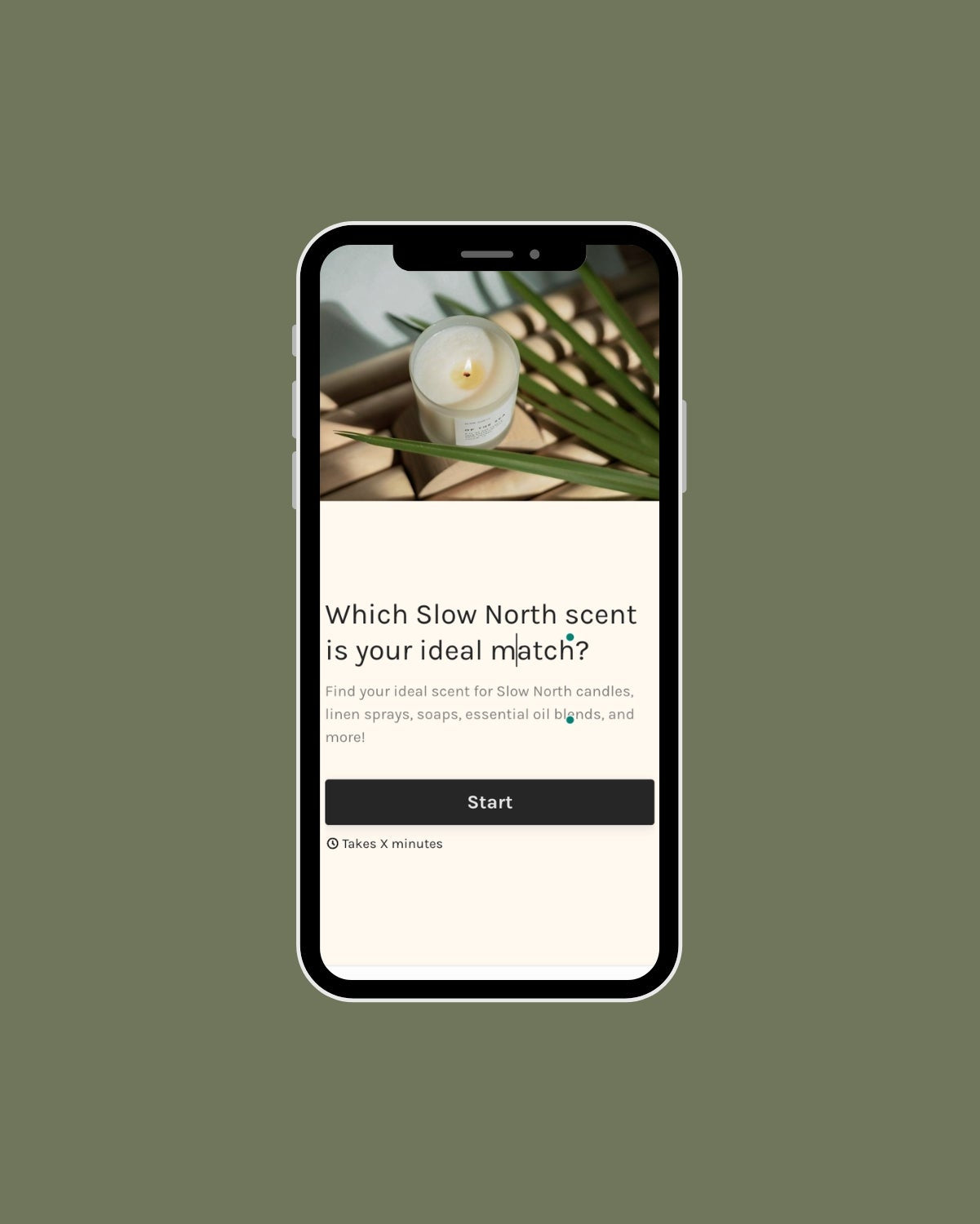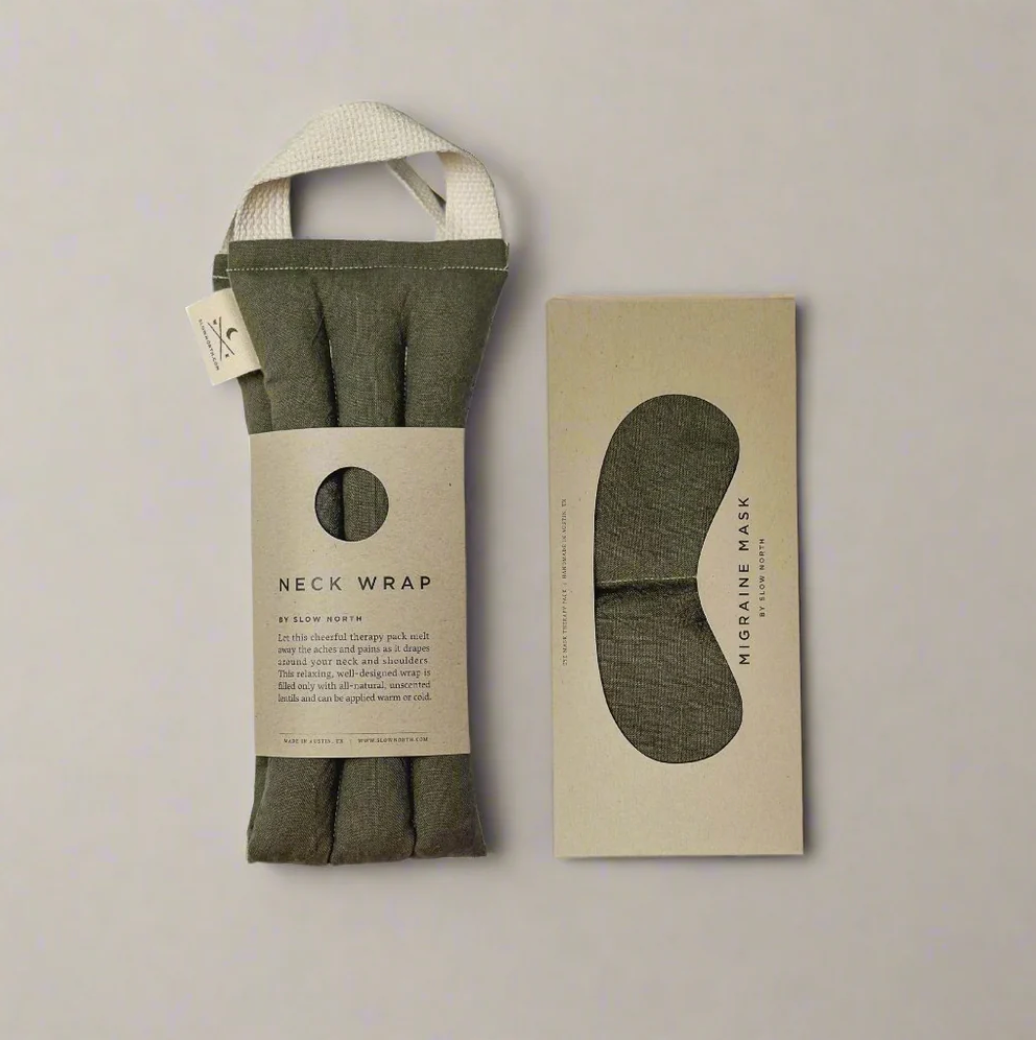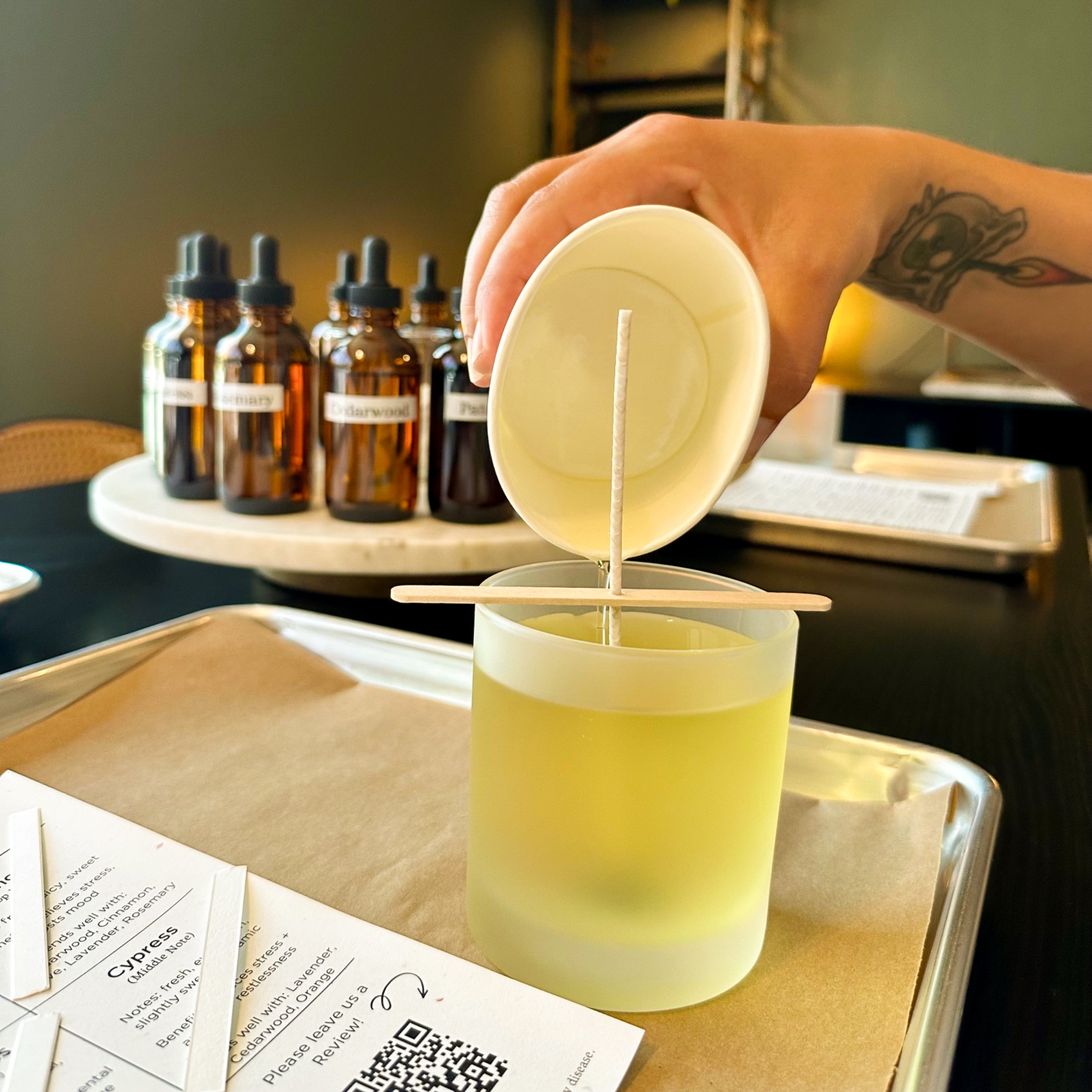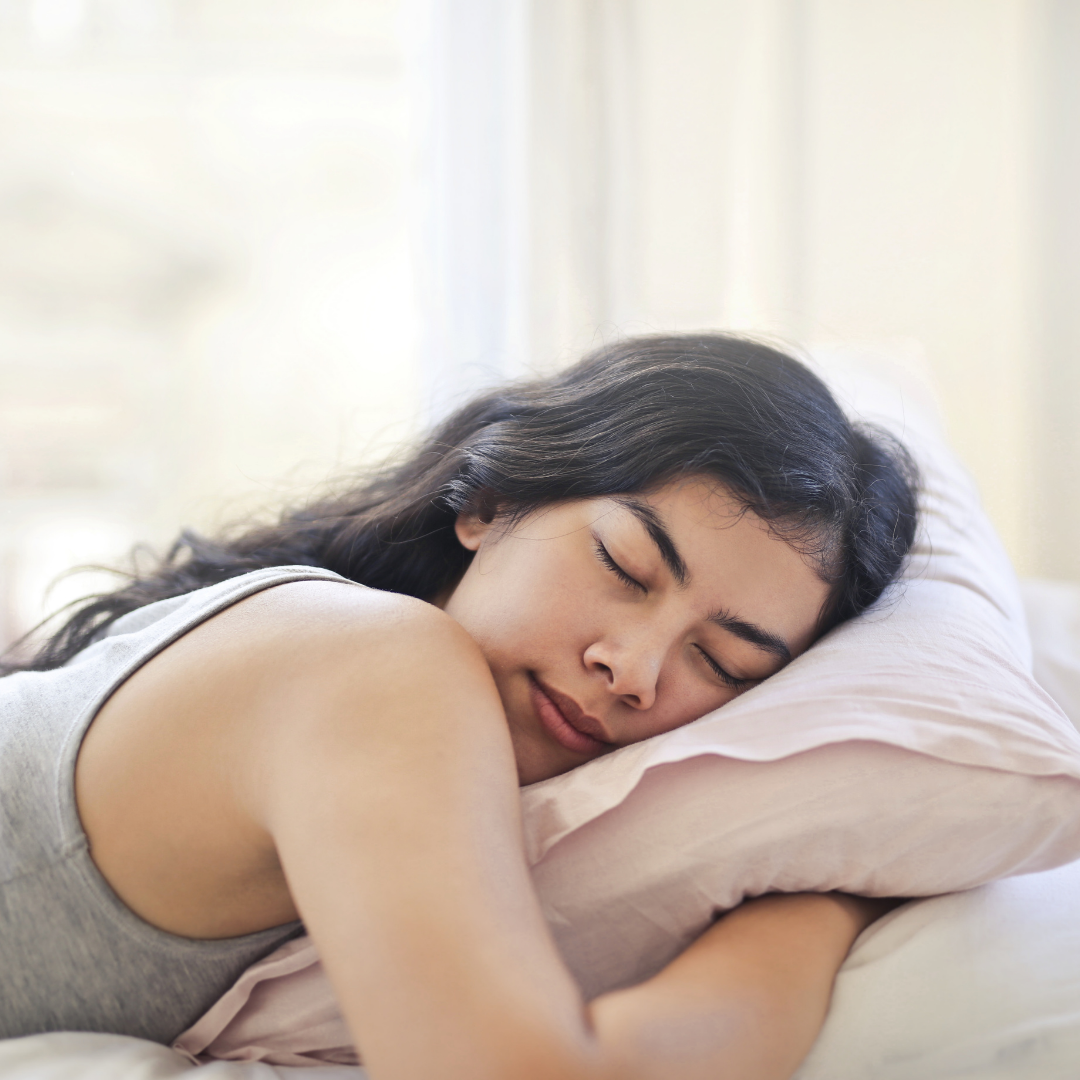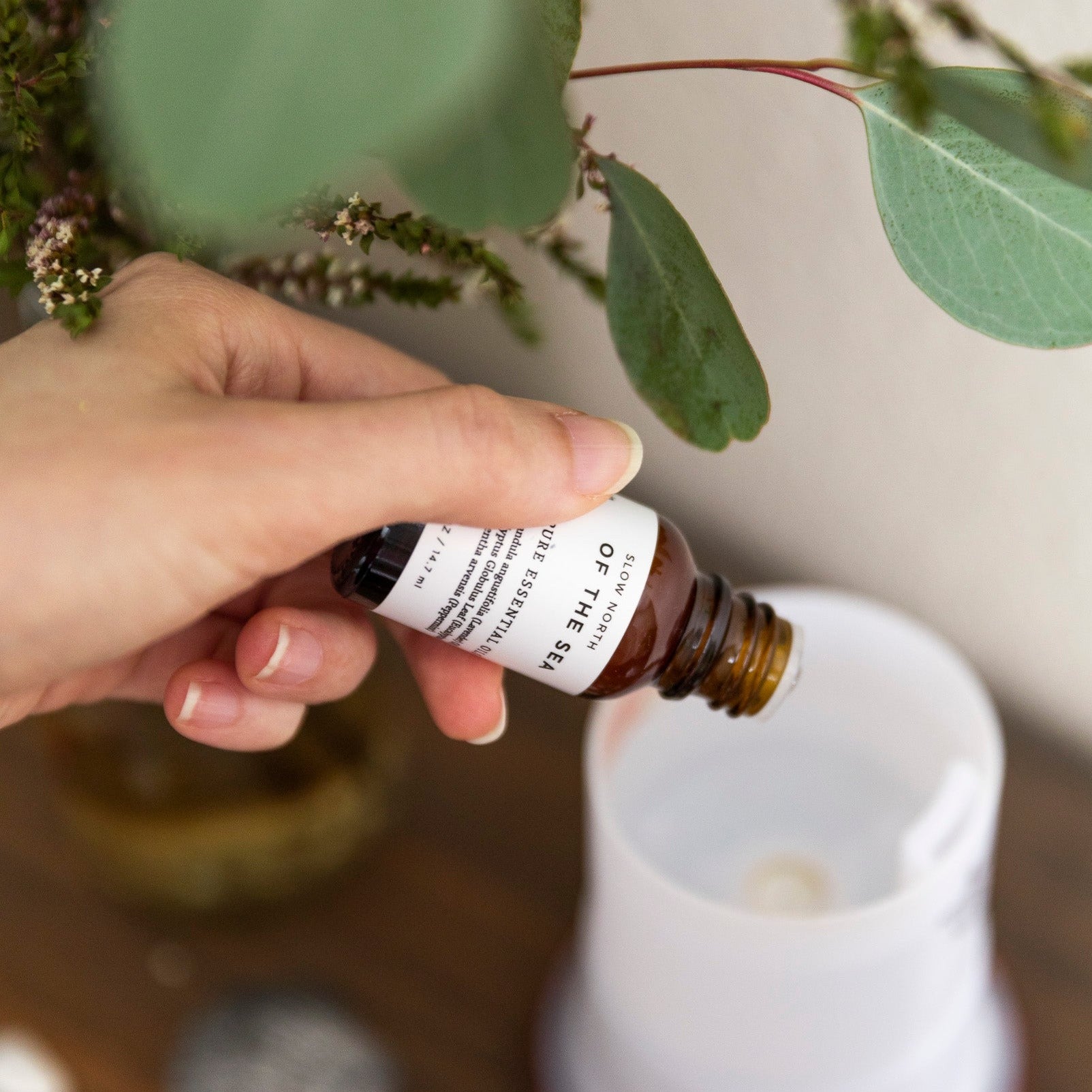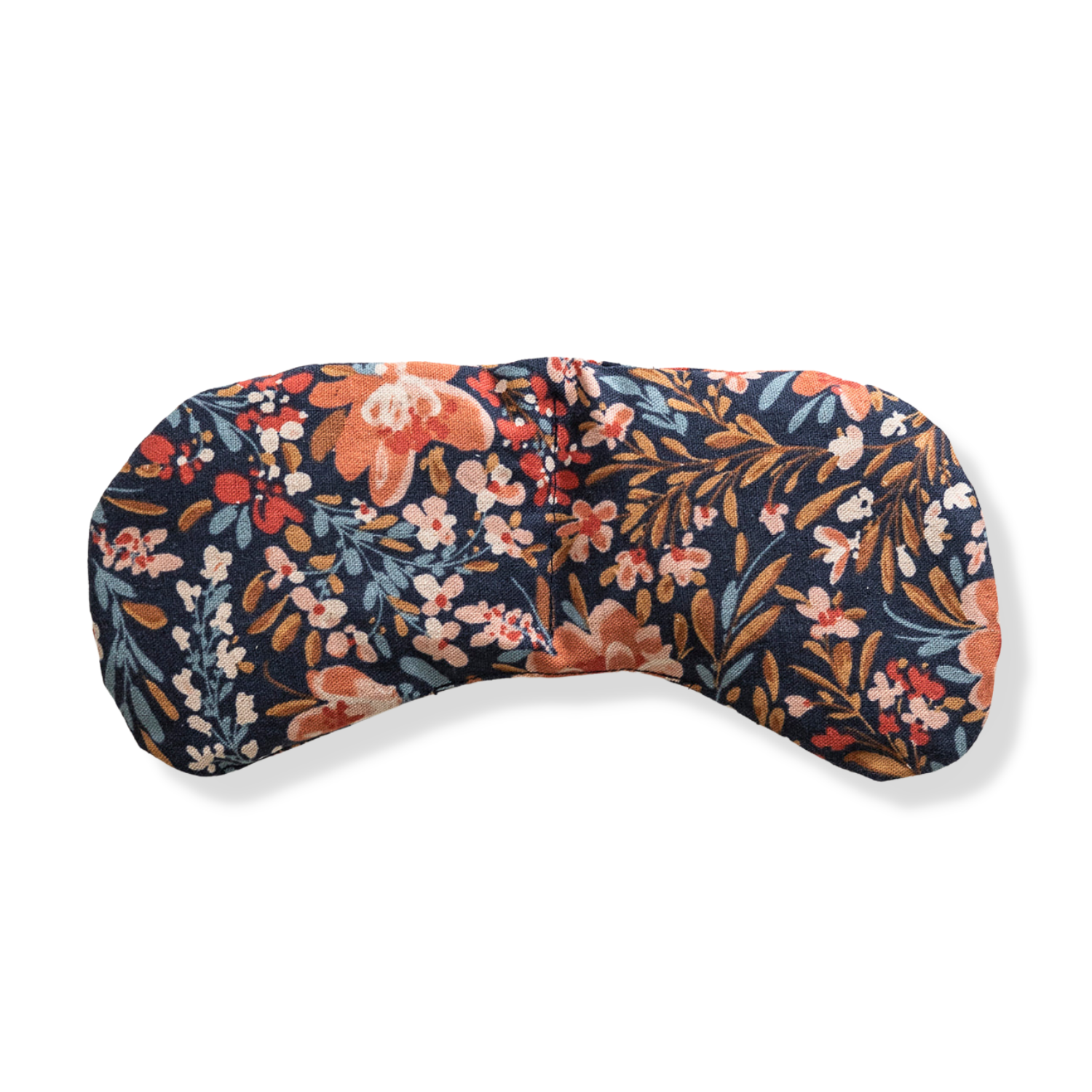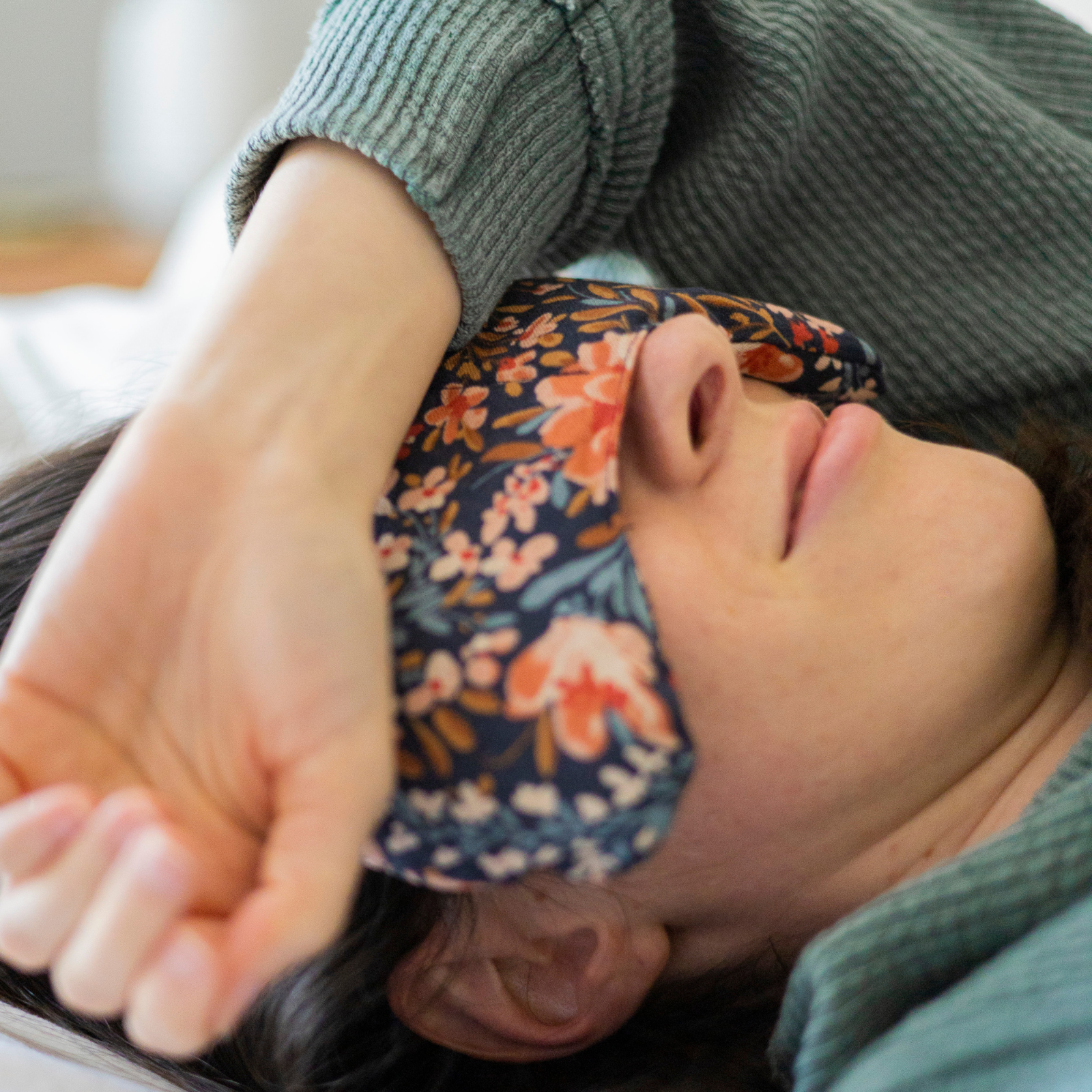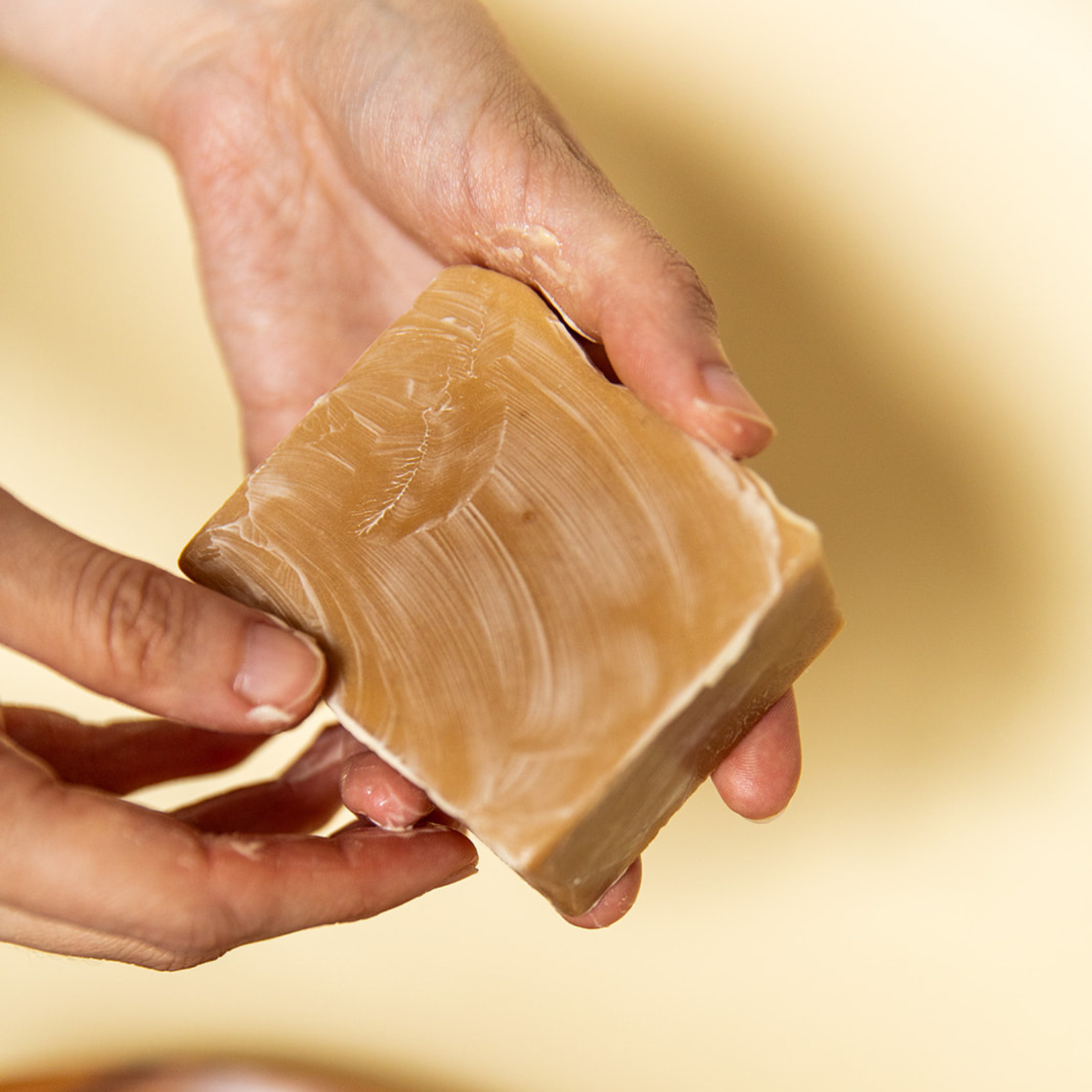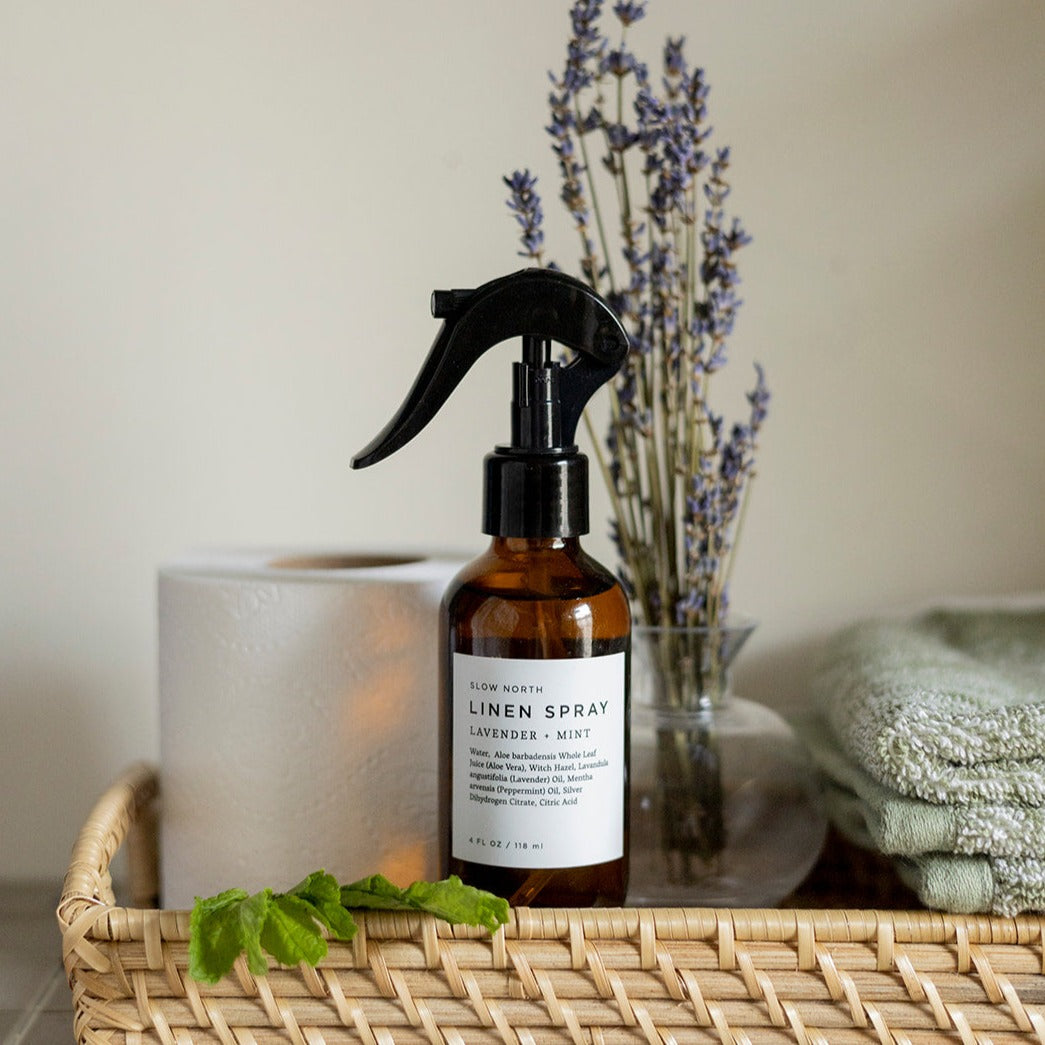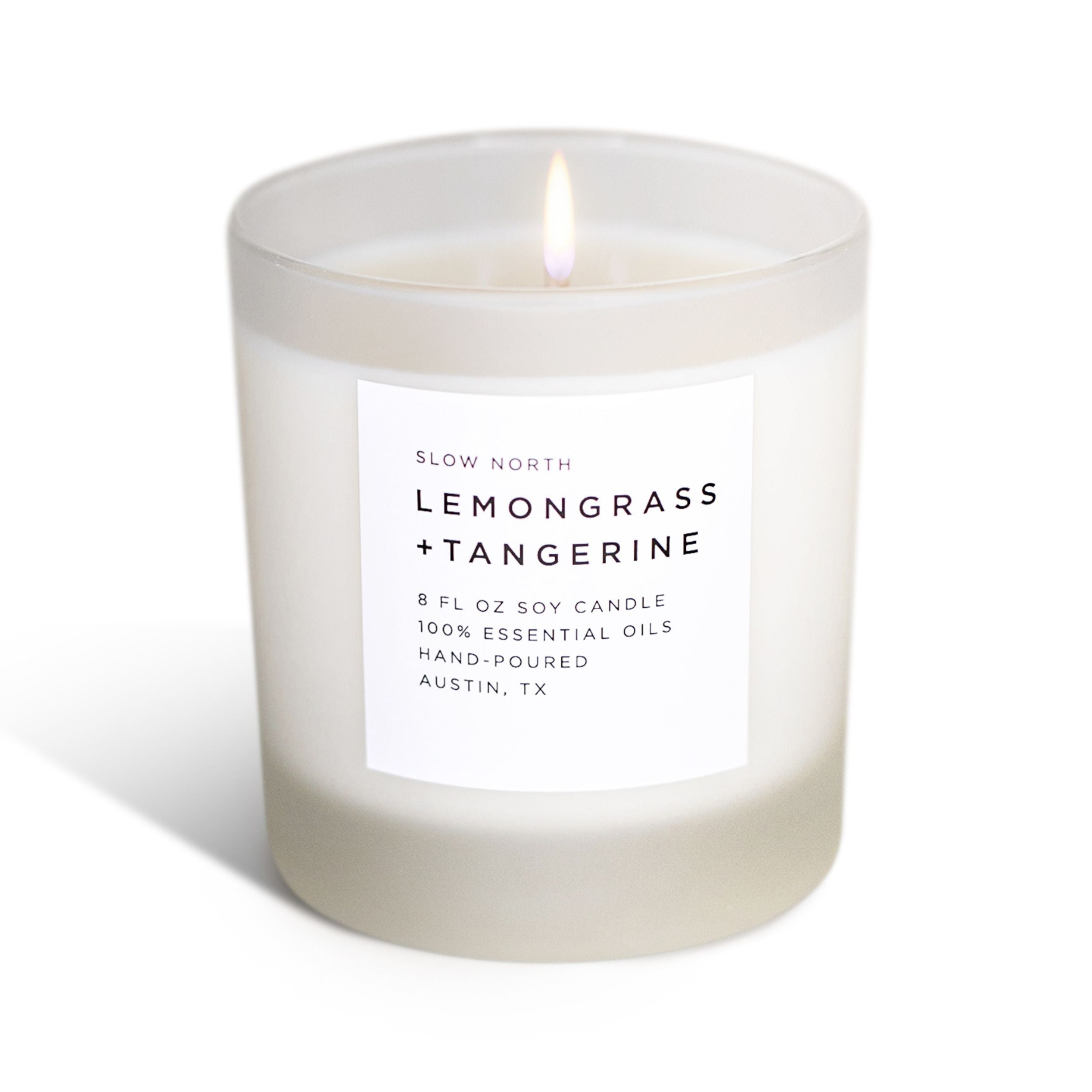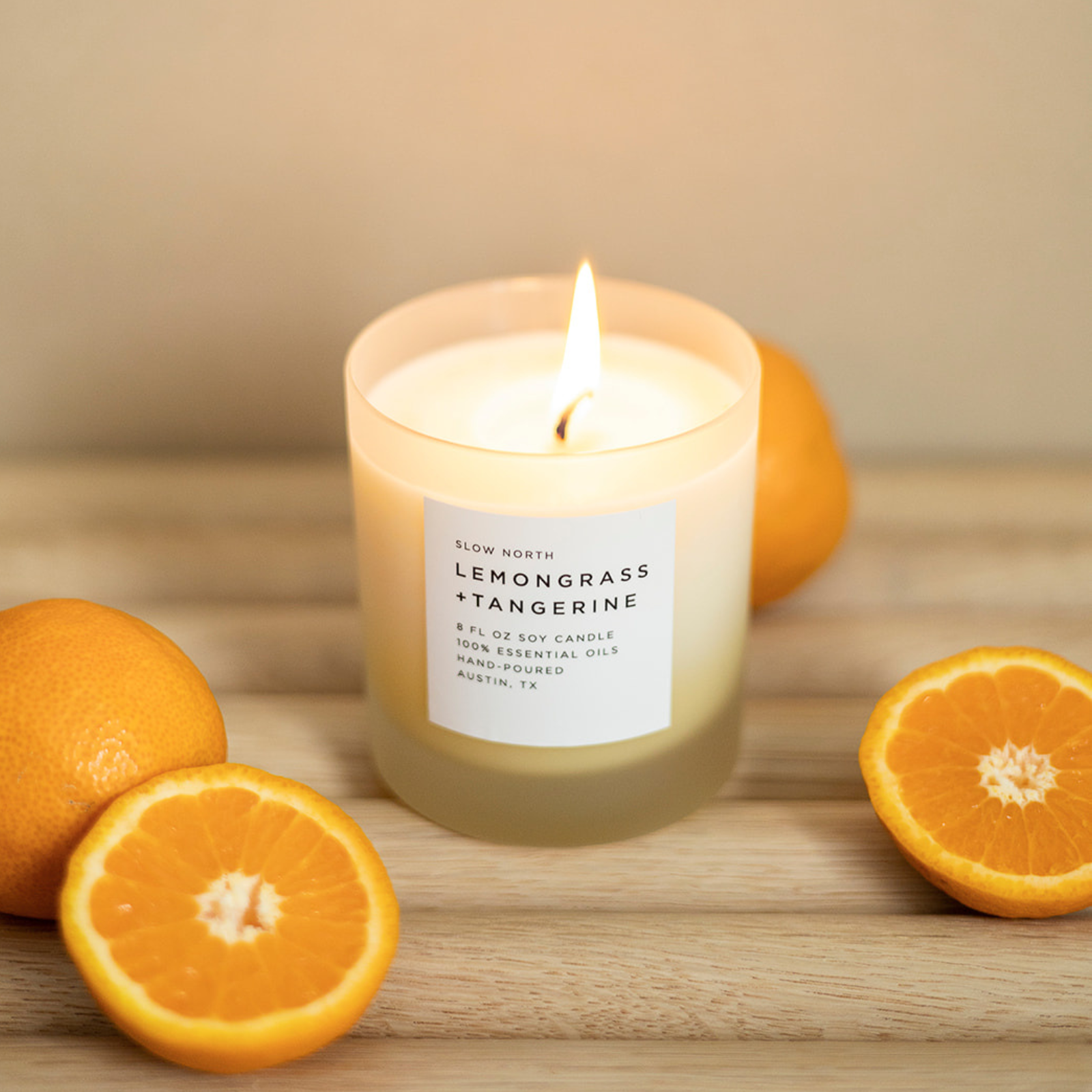
Summer may be great for tan lines and sundresses, but one thing it’s not so great for? Sleep health.
The summer solstice has come and gone, and people living in the Northern Hemisphere are currently soaking in long, sun-filled days and shorter nights. While that may be great news for all the heliophiles out there, it’s not so great for those needing to catch up on their Z’s. After all, shorter nights equal, well, less time to sleep — and there are plenty of other factors that derail sleep health during the summer, too.
Why Is It So Hard To Sleep In Summer?
Research has shown that seasonal variations affect how well we sleep. That’s because our bodies operate under an internal clock, called a circadian rhythm, that controls our sleep-wake cycle. The circadian rhythm takes cues from the daylight to determine how long we should stay awake. The longer your body is exposed to light, the more it wants to stay awake, even after nighttime falls.
At night, our brains release a hormone called melatonin. Melatonin is what signals our bodies to fall asleep, but with relatively little nighttime to spare, melatonin secretion can drop significantly during the summer.

Managing your sleep health during the summer is to work with these internal rhythms, rather than against them. So if you find yourself tossing and turning lately, try practicing some of these strategies. They’ll help you carve out some stillness in these busy summer nights.
Cultivating Summer Sleep Health
1. Create a consistent sleep schedule.
Getting to bed on time consistently is key to making falling asleep easier. Of course, late nights will happen (especially as summer festivities begin), but try to stick to your normal bedtime on other nights. Your brain will begin to recognize the habit of knocking out at that time, and it’ll get easier and easier to fall asleep.
2. Unplug before bedtime.
Just like the sunlight disrupts our circadian rhythms, so do the lights from our screens. That’s why you should unplug at least an hour before bedtime. Make some tea, read a book, draw, or journal — whatever you do, ensure it’s screen-free to allow your brain the time to produce that melatonin you need to get snoozing!

3. Meditate to unwind.
Meditation can help ease anxiety and calm the body, making it a great before-bedtime ritual. Adding a little aromatherapy with incense to your practice can help relax your mind, too.
4. Keep it dark and cool.
If your home is flooded with sunlight, now might be a great time to invest in some blackout curtains. Keeping the shades closed throughout most of the day will reduce light exposure, minimizing the risk of disruption to your circadian rhythm. Letting a fan run at night will also help keep the room cool enough to stay comfortably asleep during the night.
If curtains still aren’t doing the trick, you can wear an eye mask to bed and block out any errant light that creeps into your bedroom. Pro tip: pop them in the freezer an hour or two beforehand for a bonus cooling effect!

5. Try melatonin supplements.
If your body still doesn’t produce enough melatonin on its own to get you to sleep during the summer, you can take it in supplement form.
Start with lower doses if this is your first time trying melatonin. Begin with 0.5-1 mg doses 30 minutes before going to bed. If that doesn’t work, try increasing the dose to 3–5 mg.
Should your sleep problems persist, consider seeing a doctor or therapist to discover the root of the problem. There could be more than just sunlight to blame!
Cecilia Seiter
Cecilia is a freelance writer and contributor to Slow North. She writes largely about sustainability, especially as it applies to beauty, wellness, and the future of technology. She is a graduate of the journalism department at Cal Poly, San Luis Obispo and is based in Los Angeles, CA.



